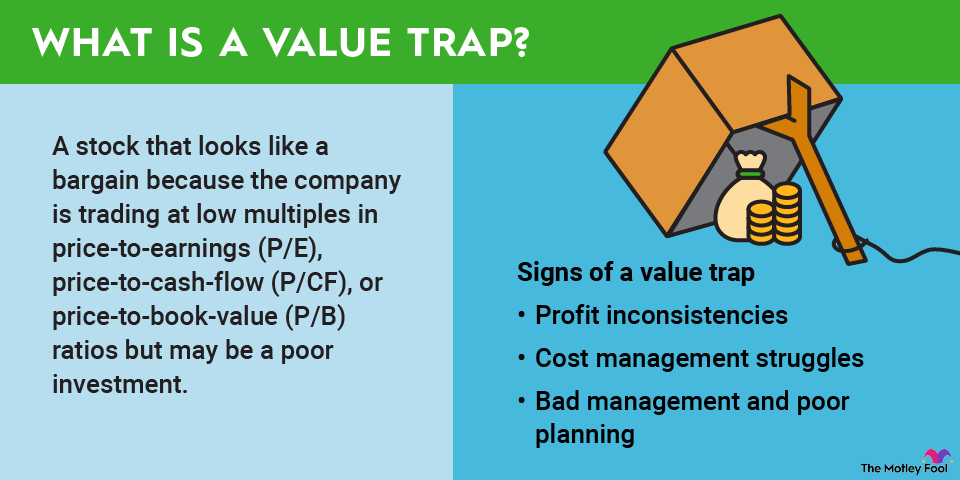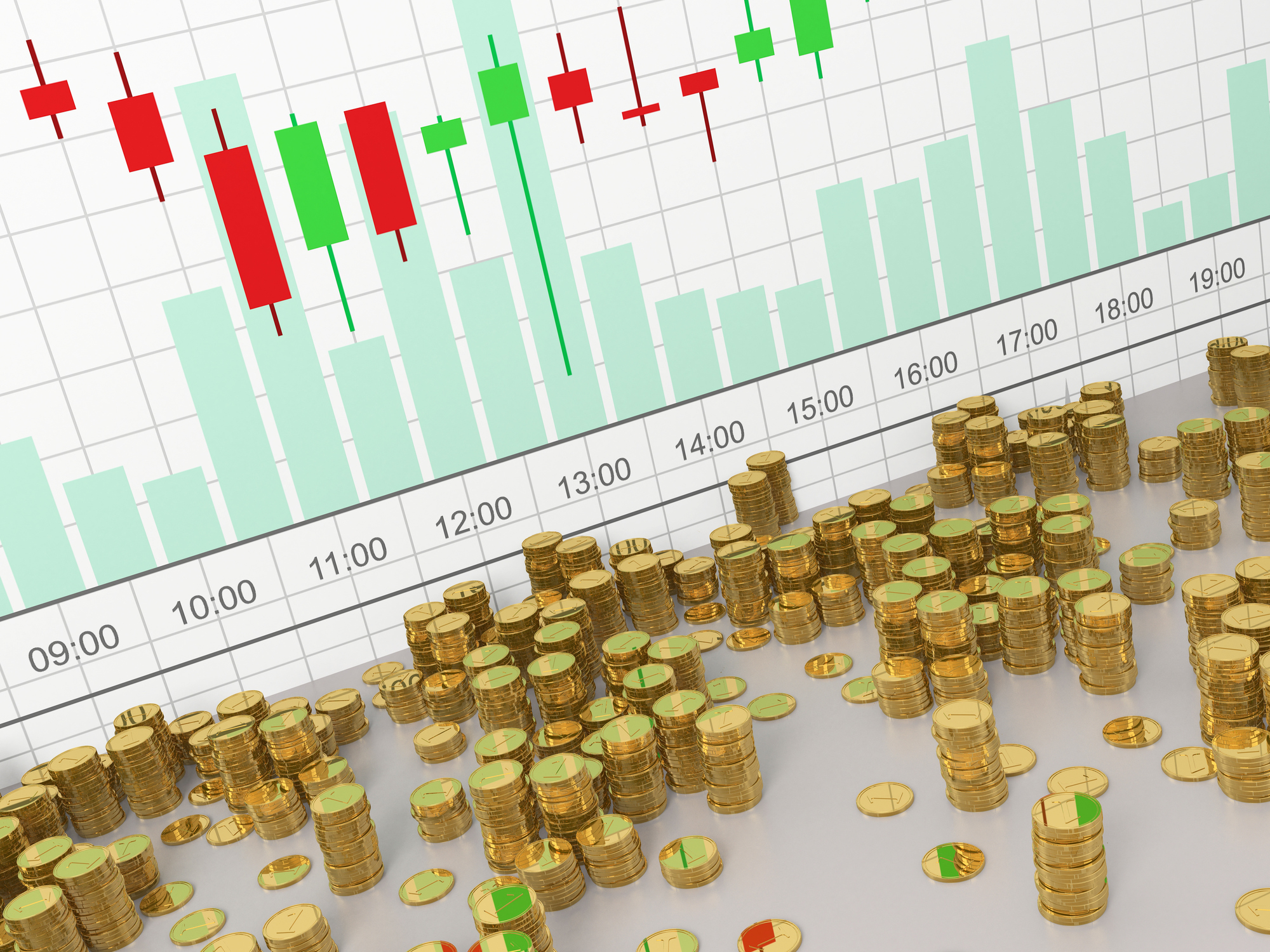If you prefer the convenience and diversification of funds versus buying individual stocks, you have many different options. You can invest in a fund based on geography, such as China, a sector, such as technology, or investing style, including growth, dividend, or value.

What is a value fund?
A value fund is an investment vehicle such as an exchange-traded fund (ETF) or a mutual fund that owns a wide range of value stocks.
Value stocks are considered to be stocks that trade at a discount to their intrinsic value, or their value based on their expected future cash flows.
Why should you invest in a value fund?
A value fund is a good way to get exposure to a range of value stocks.
Whether you choose to invest in value stocks or growth stocks will likely depend on your personal preference.
Value stocks appeal to some investors because when value investing is done right, it can be a low-risk way to beat the market, especially if you're investing in stocks with predictable cash flows.
Some value investors liken the practice to buying dollars for $0.90.
Value investing is a favorite technique of Warren Buffett and his mentor, Benjamin Graham.
Buffett has historically outperformed the stock market in part due to his ability to identify stocks that are trading or have a sustainable competitive advantage that drives strong long-term returns.
Finally, another advantage of a value fund compared with a growth fund is that a value fund is more likely to offer dividends or higher dividend yields. Value stocks are also less likely to lose their value or have a sharp sell-off than growth stocks, for example, in a bear market.
Value funds also tend to be more stable than the broad market.
Risk Management
Does value investing work?
Value investing, or buying value funds, can work.
Often, the best way to add value to your portfolio is to buy a stock that has fallen on short-term news, such as a disappointing earnings report that doesn't materially impact its long-term potential.
Similarly, the macro environment can also create opportunities to buy value stocks since macro conditions such as high interest rates can change.
Over the last decade, however, most value funds, including the Vanguard Value ETF, have underperformed both the S&P 500 and growth funds like the Vanguard Growth ETF.
Value funds tend to outperform in a bear market since they generally hold profitable stocks, and they aren't as vulnerable to multiple compression as growth stocks since value stocks are traded at low valuations.
Of course, value stocks could outperform again, but investors should be mindful of the recent history and understand the holdings of the value fund they're buying.
Related investing topics
What's an example of a value fund?
Vanguard is one of the world's biggest fund managers, and the Vanguard Value ETF is one of the biggest value funds with net assets of $185.9 billion. It tracks the CRSP US Large Cap Value Index.
The top holdings in the fund are Berkshire Hathaway (BRK.A +0.25%) (BRK.B -0.51%), Exxon Mobil (XOM -0.99%), UnitedHealth (UNH +3.17%), JPMorgan Chase (JPM -0.03%), and Johnson & Johnson (JNJ -0.45%).
As you can see, those are all classic blue chip stocks, and most are trading at a discount to the S&P 500. Almost all of the top holdings pay a dividend.
The Vanguard Value ETF also has a very low expense ratio of 0.04%, meaning investors will pay almost nothing to own it.
If you're interested in value funds, it's a good idea to explore the different options that are available on the market, see what kind of stocks they hold, and what their track records are like. If they align with your strategy, they might be the right value fund for you.
















